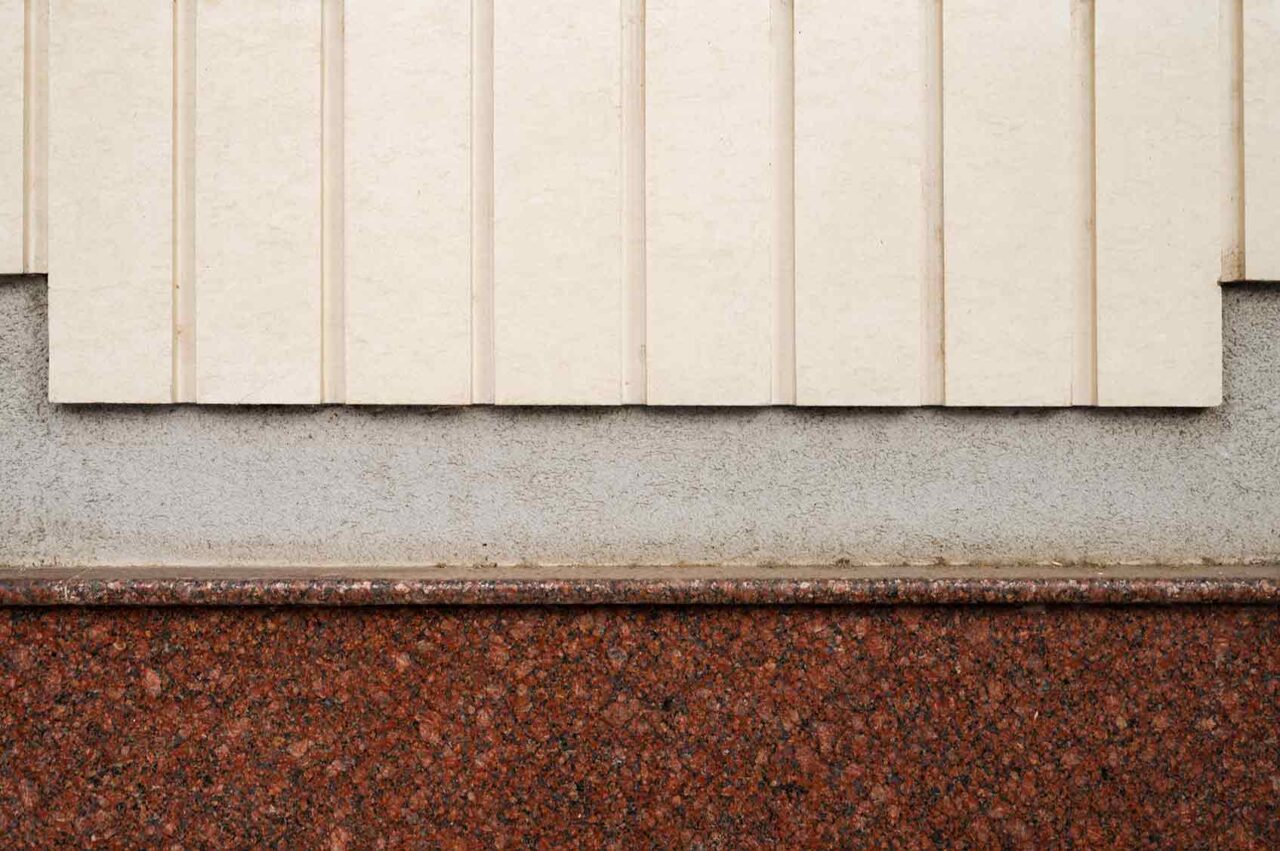DIY driveway paving mistakes to avoid
Driveway paving is a significant project that can enhance your property’s curb appeal and functionality. While many homeowners are drawn to the idea of a DIY driveway paving project, there are common mistakes that can lead to costly repairs and compromises in the overall quality of the pavement. In this blog post, FloorPup shares insights on DIY driveway paving errors to avoid, ensuring your project results in a durable, aesthetically pleasing, and long-lasting driveway.
1. Lack of Proper Planning
Avoidance Strategy:
Before diving into your DIY driveway paving project, take the time to plan meticulously. Consider factors such as the type of material, dimensions, slope, and drainage. FloorPup recommends creating a detailed plan to serve as a roadmap for your project, helping you avoid common pitfalls.
2. Choosing the Wrong Materials
Avoidance Strategy:
Selecting the suitable paving material is crucial for longevity and performance. FloorPup advises homeowners to research and choose materials based on their durability, climate suitability, and overall aesthetic appeal. Understanding the pros and cons of materials like concrete, asphalt, or pavers can prevent future headaches.
3. Inadequate Base Preparation
Avoidance Strategy:
A solid base is the foundation of a durable driveway. Skipping or inadequately preparing the floor can lead to cracking and uneven surfaces. FloorPup suggests investing time in proper excavation, compaction, and base layer preparation to ensure the stability and longevity of your driveway.
4. Ignoring Proper Drainage
Avoidance Strategy:
Improper drainage can result in water pooling, erosion, and damage to your driveway. FloorPup emphasizes the importance of incorporating proper drainage solutions into your design. This may include installing a slope, adding a drainage system, or using absorbent materials.
5. Overlooking Edge Restraints
Avoidance Strategy:
Neglecting edge restraints can lead to the spreading of paving materials over time. FloorPup recommends installing proper edge restraints to contain the driveway material and prevent shifting or spreading. This ensures a neat and structurally sound finish.
6. Incorrect Installation of Expansion Joints
Avoidance Strategy:
Expansion joints accommodate the natural expansion and contraction of the driveway due to temperature changes. Incorrectly placed or omitted expansion joints can result in unsightly cracks. FloorPup advises homeowners to follow recommended spacing and installation guidelines for expansion joints.
7. Neglecting Proper Compaction
Avoidance Strategy:
Inadequate compaction of the paving material can lead to settling, sinking, and an uneven surface. FloorPup stresses the importance of proper compaction techniques using the right equipment to achieve a solid and level finish.
8. Rushing the Curing Process
Avoidance Strategy:
Allowing the driveway material to cure appropriately is essential for its strength and durability. FloorPup recommends following the manufacturer’s guidelines for curing time and avoiding heavy traffic during this period to prevent premature damage.
Conclusion
Embarking on a DIY driveway paving project can be rewarding but requires careful planning and execution. You can ensure that your do-it-yourself driveway project produces a durable, aesthetically pleasing, and long-lasting addition to your property by following FloorPup’s advice and avoiding these frequent blunders. The success of your project and the total worth of your property will depend on how well you pay attention to detail, regardless of whether you decide to use pavers, concrete, or asphalt.
Transform your home effortlessly with FloorPup! Discover our extensive range of hardwood flooring, receive tips from expert floor care and maintenance professionals. Our team includes professional floor fitters, skilled driveway pavers, and dependable carpet repair specialists, ensuring top-notch results. Learn more about our dedication to quality on our About Us page. Visit FloorPup and start enhancing your living space today!
FAQs: DIY Driveway Paving Mistakes and Solutions by FloorPup
1. Q: Can I skip the base preparation step to save time on my DIY driveway paving project?
A: No, skipping base preparation can lead to a compromised foundation, resulting in issues like cracking and uneven surfaces. Proper excavation, compaction, and base layer preparation are crucial for the stability and longevity of your driveway.
2. Q: Is using any paving material for my DIY driveway okay without considering the climate?
A: No, the selection of pavement material needs to be predicated on elements like weather resistance, longevity, and visual attractiveness. Various materials, like pavers, concrete, and asphalt, have distinct qualities, and choosing the appropriate one is crucial for a successful and long-lasting driveway.
3. Q: Why do I need edge restraints for my DIY driveway, and can I skip installing them?
A: Edge restraints are crucial to prevent the spreading of paving materials. Skipping them can lead to shifting and an unstable driveway. Properly installed edge restraints, recommended by FloorPup, ensure a neat and structurally sound finish.
4. Q: Can I speed up the curing process of my DIY driveway to use it sooner?
A: No, rushing the curing process can compromise the strength and durability of the driveway. Following the manufacturer’s guidelines for curing time and avoiding heavy traffic during this period is essential to prevent premature damage. Patience in the curing process ensures a resilient and long-lasting pavement.
Contact FloorPup for personalized advice and assistance with your DIY driveway paving project!


